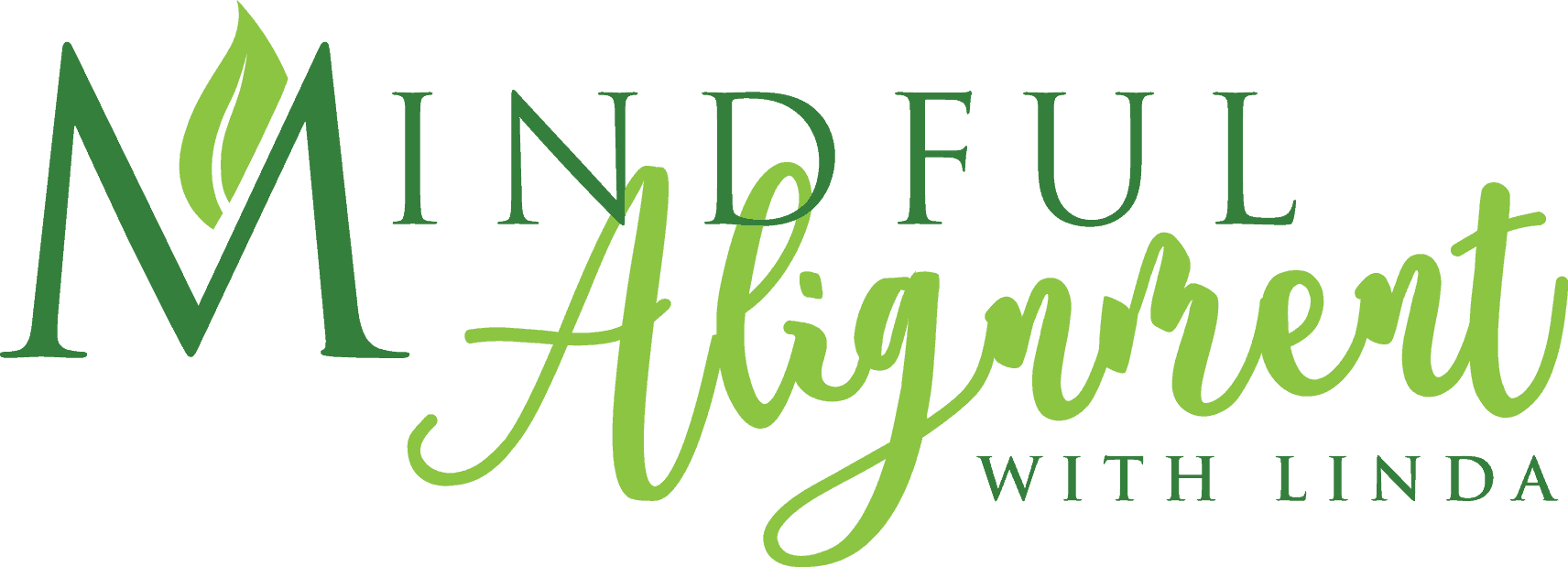Common Causes of Headaches, Neck Pain & Shoulder Pain
…Continued
As mentioned in my previous article: Common Causes of Headaches, Neck Pain & Shoulder Pain, having the head and shoulders forward, positions the head out of its natural alignment. When the head is in front of the spine, there are potential negative consequences.
The head becomes heavier, thereby putting more strain on the cervical vertebrae (spine). Your head weighs about 7-8 pounds when stacked over the spine. For every inch the head moves forward, another 10 pounds of weight is added, and can it be as much as 45 pounds. That is a significant amount of weight!
Issues and Permanent Side Effects of Improper Head and Neck Alignment
Arthritis may develop, blood flow to the brain may be reduced, and nerves may become impacted. Besides, headaches often develop. Recent research has suggested that some people are developing exostosis (bone growth) at the back of the head in the area where the cervical vertebrae and the skull base come into proximity with each other. This bone growth can lead to neck pain.
When the pain increases, the tension and tightness increase in the muscles, especially in the shoulders and neck. These muscles are connected to and impact other parts of the body, causing imbalances throughout the entire body structure. Some develop so gradually that you don’t even notice until chronic pain and stiffness develops.
It is much easier to address the cause before it becomes chronic — before it affects your entire body.
Here’s an example of what can happen
You sit all day working with technology. Your forward head position causes your alignment to be out of balance. As you start to develop some tightness and maybe some discomfort, you compensate. One-shoulder becomes tighter than the other, causing the opposite hip to be out of alignment. Meridian lines connect your hip to the opposite shoulder.
Your weight unevenly distributed between both feet. Next, ankle flexibility is affected by changing the way you stand and walk. Some muscles become tighter, and some become weaker, and some shorter and some become longer. Before long, your entire body is stiff. Then you start to move less. Now your energy levels are lower, and you are moving less.
You might even develop headaches because the neck and shoulder muscles are connected to your face muscles. Before long, you are not sure where or how this chain of events started. What you do know is that you want to feel better.
Neck and back pain “complaints” are increasing at an alarming rate.
How you use your body has an impact. Having the head forward, not aligned over the spine, has potentially significant consequences.
Why risk it?
Take steps now to assess your body’s alignment (posture) and reduce the amount of time you spend in this head-forward position.
Address the cause before it affects your entire body!
Are you tired of living with pain?
Are your activities and daily choices determined by your level of pain?
Are you ready to change your life for the better and gain back your physical freedom?
My unique and custom designed approach comes from years of training, education and experience. Together, we will get you back to living pain free and enjoying life.
Sign up for a private session today
It’s never too late to try something new.

Related Articles:
Beyond Calcium: The Power of Yoga for Bone Health
Discover how yoga supports bone health and osteoporosis prevention. Learn science-backed poses that strengthen your skeleton and reduce fracture risk.
The Motivation Paradox: Action is the Catalyst for Healing Back Pain
Discover the Motivation Paradox of Back Pain—why waiting for motivation keeps you stuck and how action is the true catalyst for healing. Learn science-backed strategies to break the pain cycle and reclaim mobility.
Transform Back Pain Anxiety: From Uncertainty to Empowerment
Discover how to navigate pain anxiety with empowerment. Embrace uncertainty and reclaim your healing journey through mindfulness and resilience.
Transforming Your Relationship with Back Pain: A Mindset Revolution
Back pain is more than a physical challenge—it's a profound psychological journey. The real battle isn't just in your muscles and joints, but in your mind. Your thoughts can either be a prison or a pathway to healing. Reframing Your Inner Narrative When chronic pain...




